6 Mistakes Parents Make When Introducing Chores
I’ll never forget the first time I tried to get my kids to help around the house.
Armed with a colorful chore chart and more enthusiasm than was probably necessary, I announced our new family “chore system” at breakfast.
My 8-year-old blinked at me with suspicion, my 5-year-old asked if it was a new kind of game, and my toddler dumped his cereal on the floor—perhaps to provide an immediate test of the system.
Fast forward a week, and the chore chart was still hanging, untouched, on the fridge. I had taken over half the tasks myself because it felt easier than nagging, and honestly, I was exhausted.
Somewhere along the way, I realized: introducing chores takes strategy. Over time, I identified a few mistakes I made at the start—ones I’ll never repeat again.
If you’ve also struggled to make chores work in your home, here are six common mistakes parents make—and how to fix them.
This post may contain affiliate links. Full privacy policy and disclosure here.
6 Mistakes I Made Starting Chores With Kids
1. Starting Too Late
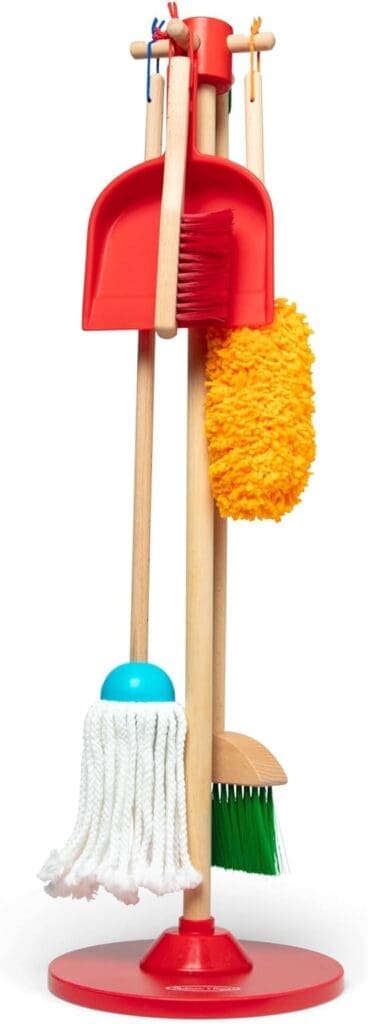
Waiting until kids are older to introduce chores can backfire. Younger children are naturally curious and love to “help” with tasks, even if they aren’t great at them.
Toddlers can feel proud carrying laundry to the basket or wiping down tables. For older kids, the novelty wears off, and it’s harder to engage them.
Solution: Start simple and early. Toddler-friendly cleaning sets can spark interest and give them a sense of accomplishment from a young age.
2. Expecting Perfection
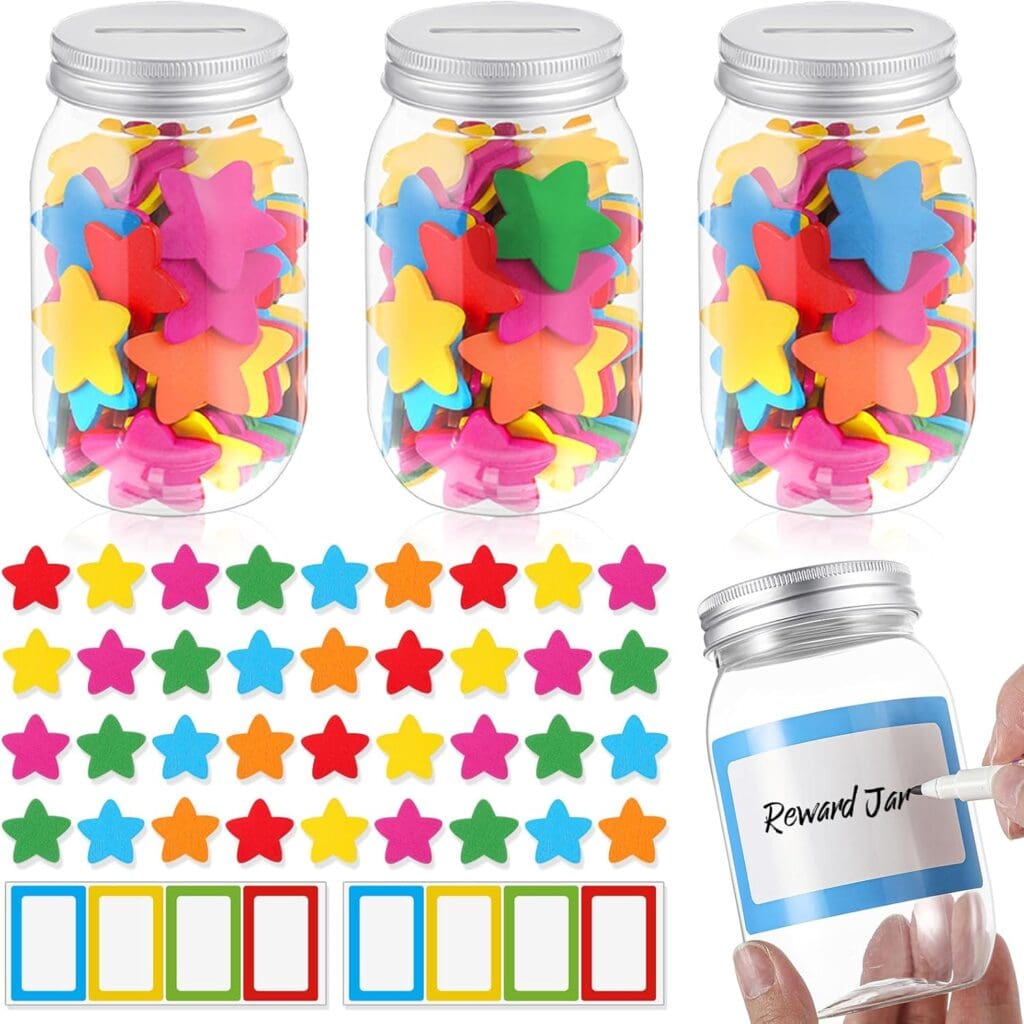
It’s tempting to redo your child’s poorly made bed or re-fold their messy pile of clothes, but doing so can make them feel their efforts aren’t good enough.
This can discourage them from trying in the future.
Solution: Focus on progress, not perfection. A cute reward system (like stickers or stamps) helps encourage effort without creating pressure to do it perfectly.
3. Not Having Clear Expectations
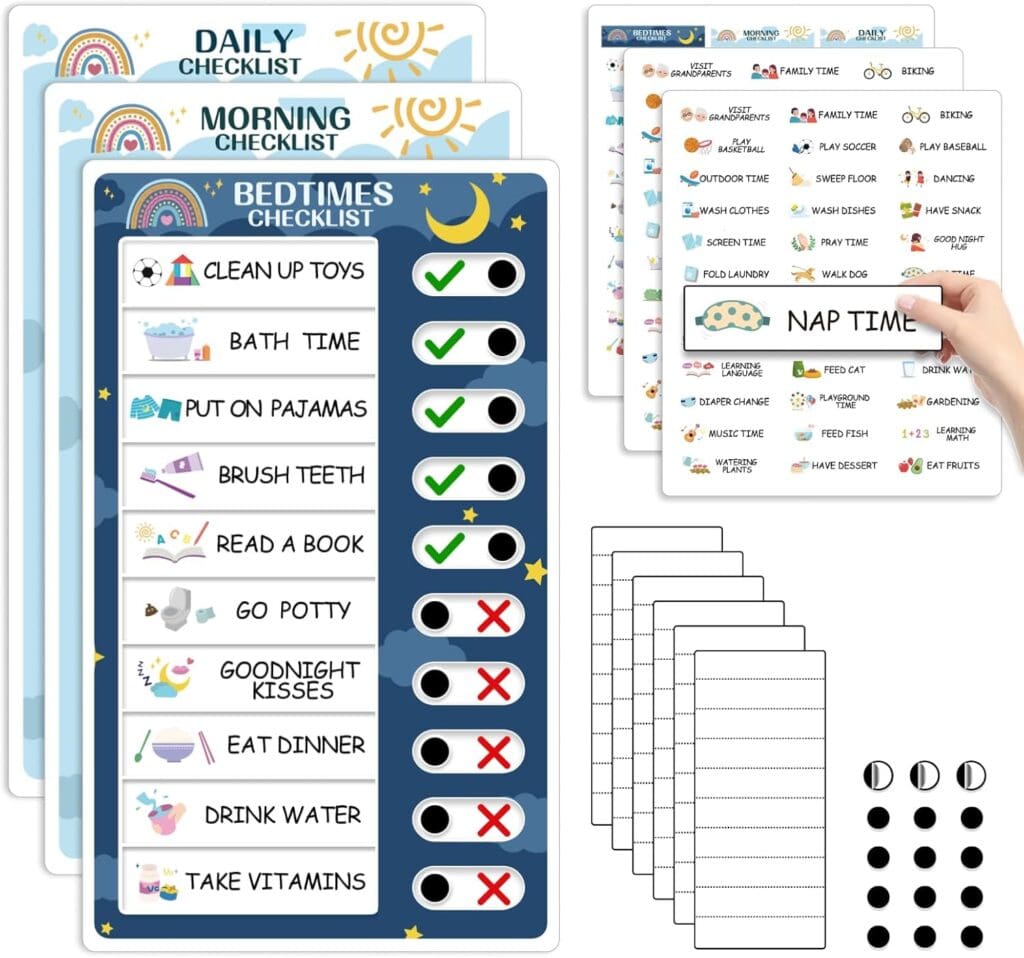
Simply telling kids to “clean up” is too vague. Children need clear, specific instructions, like “put your toys in the blue bin” or “set the table with four plates and four forks.” Without this, they get overwhelmed and frustrated.
Solution: Use visual chore charts that show each step in pictures. This makes expectations clear and easier to follow, especially for younger kids.
4. Making Chores a Punishment
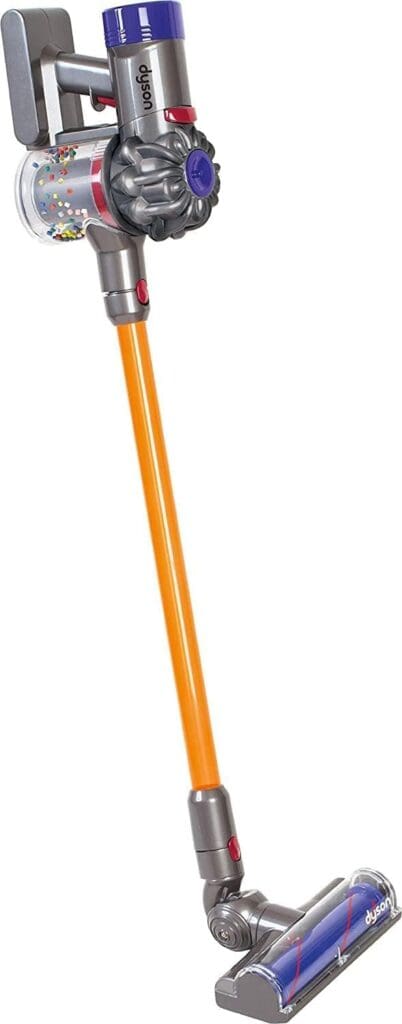
When chores are used as a consequence for bad behavior, kids start to associate helping out with negativity. This creates resentment and makes it harder to foster a sense of responsibility.
Solution: Make chores a normal part of daily life, not a punishment. Consider adding fun tools, like a kid-friendly vacuum cleaner, to keep things light and engaging.
5. Taking Over When Kids Don’t Do It ‘Right’
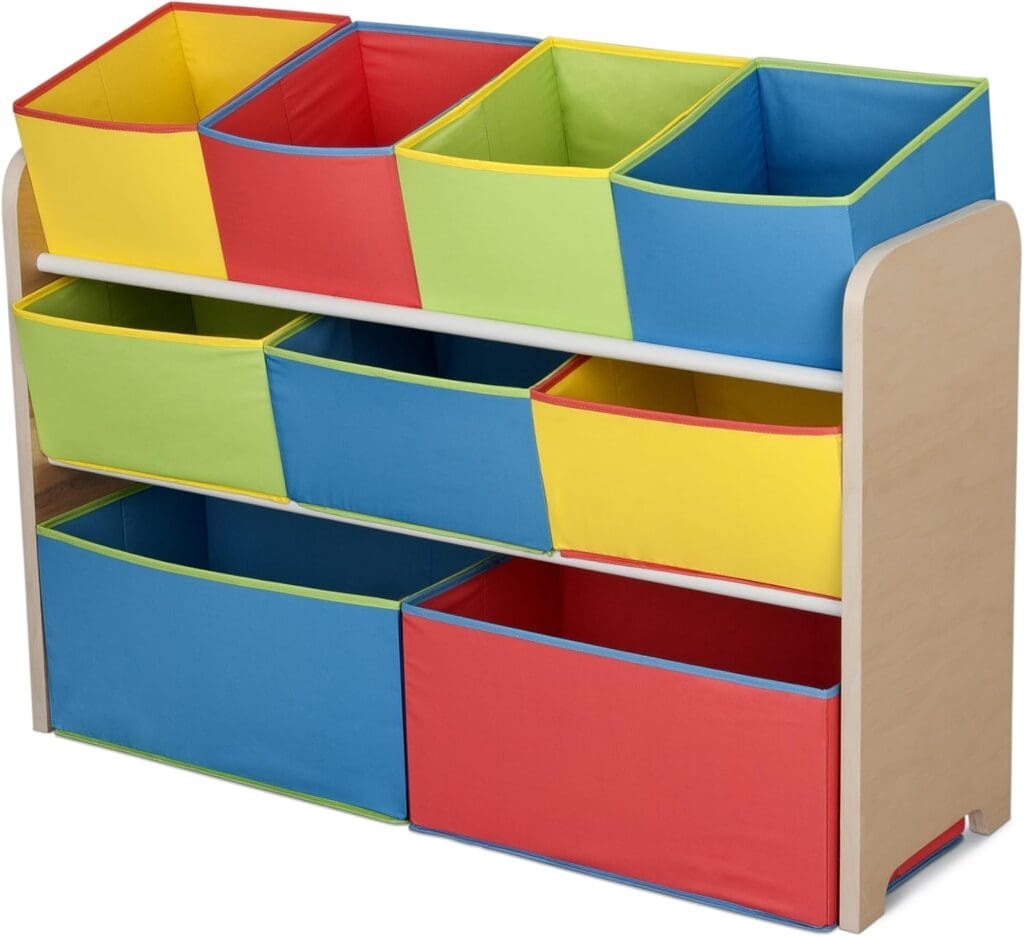
It’s easy to fall into the trap of doing chores yourself when your child isn’t doing them fast enough or correctly. But this teaches them that they can avoid chores by not trying hard, and it puts all the responsibility back on you.
Solution: Be patient and let them struggle through the learning process. Investing in tools like easy-to-use laundry baskets or toy organizers can help children succeed with less frustration.
6. Not Leading by Example

Kids are quick to notice if parents don’t follow the same rules they set. If they see you skipping tasks or complaining about chores, they’re likely to follow suit.
Solution: Make chores a family affair. Use chore time to bond—put on music and work together! Matching family aprons can even turn it into a fun experience.
Bottom Line
Introducing chores doesn’t have to be a battle, but it does take some patience and the right mindset.
I’ve found that when I stopped expecting instant results and focused on making chores fun and rewarding, my kids became more involved.
It’s not perfect, but now when I hear the vacuum running in the other room or see my child folding towels (even if a little crooked), I know we’re on the right track.
Need help starting your own chore system? These little tools and rewards made a big difference for us:
With a little patience and the right tools, chores can go from a dreaded task to a part of everyday family life! And who knows? You might even find yourself with a bit more free time—now that’s a win!
Pin for later!

